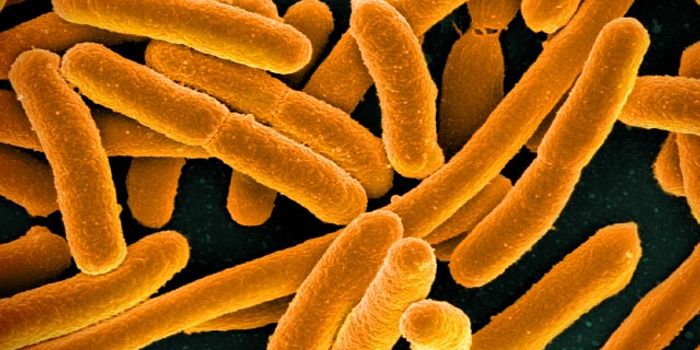Researchers Confirm Cerebral Palsy Has a Genetic Component
Scientists have confirmed previous studies that have suggested that cerebral palsy has a genetic component. The new findings, which have been reported in Nature Genetics, showed that rare gene mutations can lead to the disorder, which causes a range of symptoms that affect movement.
In this work, the researchers assessed genetic material from 250 cerebral palsy patients and their families and another 1,800 healthy families without any affected relatives. Using a fruit fly model, they connected the genetic mutations they identified in cerebral palsy patients to the symptoms of the disease. When flies carried certain mutations, the movement of fly larvae, adults, or both was severely impaired.
This work may help scientists develop a treatment for the disorder, and will help patients and their families make informed decisions about their plans for the future. There may be as high as a ten percent risk of recurrence of the disease in some families. It will also help provide some people with the right answer about why the disease happened to them or their relative.
"Cerebral palsy is a non-progressive developmental movement disorder impacting motor function, which affects approximately one in every 700 births in Australia and a similar number worldwide," said study co-author and Emeritus Professor Alastair MacLennan, AO of the University of Adelaide. "Symptoms range from mild to severe and can include intellectual disability. Historically, cerebral palsy was considered largely the result of perinatal asphyxia - decreased oxygen to the baby's brain at birth, however, this has only been found in eight to ten percent of cases."
This work will help clinicians and scientists get a more accurate picture of the disorder.
"Eliminating other known causes, including premature birth and trauma at birth, this leaves a large number of cases - as many as 40 percent in some studies - with an unknown origin. Where previous studies have indicated underlying genetic causes in cerebral palsy, this study is the largest to date and includes in-depth statistical modeling and new controls to overcome limitations of earlier research," added MacLennan.
"As little as thirty years ago we were very limited in treatments for cerebral palsy, and the outlook for anyone diagnosed was grim," said study co-author and Professor Jozef Gecz, Head of Neurogenetics at the University of Adelaide. "As we come to recognize the role of genetics in cerebral palsy, we open the door for new treatments, earlier diagnosis, and intervention, which could lead to greatly improved quality of life.
"The more we understand about the role of genetics in causing cerebral palsy, the closer we get to learning how to prevent it," Gecz said.
Sources: AAAS/Eurekalert! via University of Adelaide, Nature Genetics









